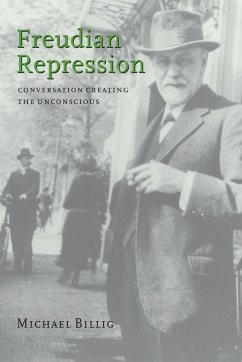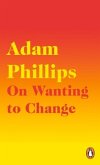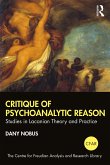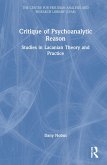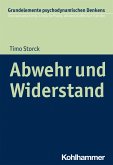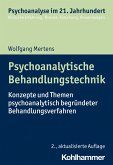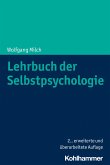In Freudian Repression, Michael Billig presents an original reformulation of Freud's concept of repression, showing that in his theory of the unconscious he fails to examine how people actually repress shameful thoughts. Drawing on recent insights from discursive psychology, Billig suggests that in learning to speak we also learn what not to say: language is thus both expressive and repressive. He applies this perspective to some of Freud's classic case histories such as 'Dora'and the 'Rat Man' and the great psychologist's own life to show the importance of small words in speech. By focusing on previously overlooked exchanges, even Freud himself can be seen to be repressing. Freudian Repression also offers new insights on the current debate about recovered memories and the ideological background to psychoanalysis which will guarantee its interdisciplinary appeal to psychologists, language theorists, discourse analysts, students of psychoanalysis, literary studies and sociologists.
Table of contents:
Acknowledgements; 1. Introduction; 2. The importance of repression; 3. Thinking, speaking and repressing; 4. Language, politeness and desire; 5. Oedipal desires and Oedipal parents; 6. Remembering to forget; 7. Words of unconscious love; 8. Repressing an oppressed identity; 9. Ideological implications; References; Index.
Reinterpreting some of Freud's classic case histories, Billig shows how language is both expressive and repressive and sheds new light on the question of recovered memories of childhood sexual abuse and the ideology of psychoanalysis. This original book will appeal to a broad interdisciplinary audience.
This book presents a reinterpretation of Freud to show how language can be expressive and repressive.
Hinweis: Dieser Artikel kann nur an eine deutsche Lieferadresse ausgeliefert werden.
Table of contents:
Acknowledgements; 1. Introduction; 2. The importance of repression; 3. Thinking, speaking and repressing; 4. Language, politeness and desire; 5. Oedipal desires and Oedipal parents; 6. Remembering to forget; 7. Words of unconscious love; 8. Repressing an oppressed identity; 9. Ideological implications; References; Index.
Reinterpreting some of Freud's classic case histories, Billig shows how language is both expressive and repressive and sheds new light on the question of recovered memories of childhood sexual abuse and the ideology of psychoanalysis. This original book will appeal to a broad interdisciplinary audience.
This book presents a reinterpretation of Freud to show how language can be expressive and repressive.
Hinweis: Dieser Artikel kann nur an eine deutsche Lieferadresse ausgeliefert werden.

